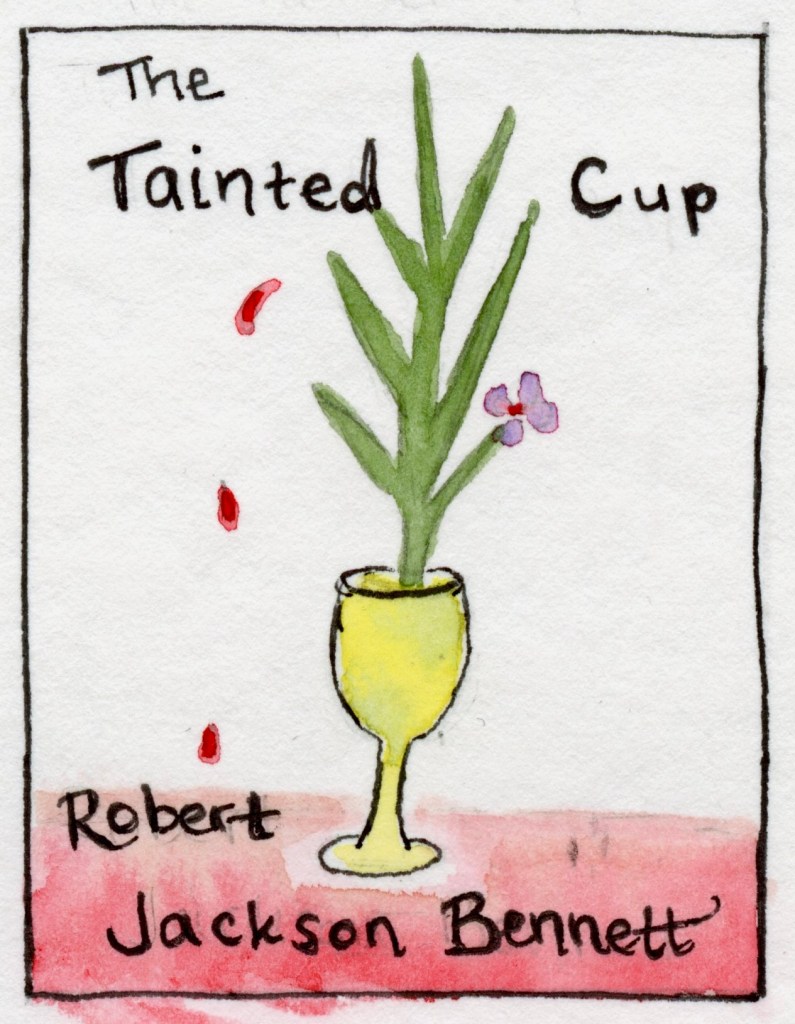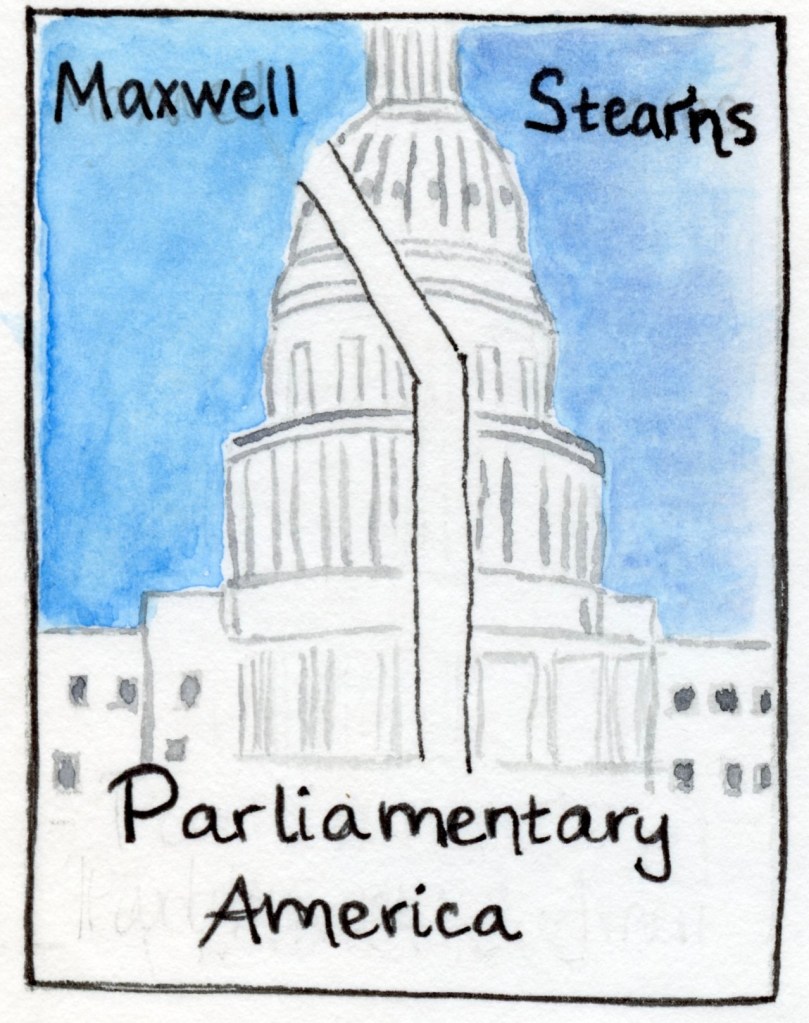Gaudy Night, by Dorothy Sayers
Published 1935
This is one of my all-time favorites, so it’s difficult to review it and not just encourage you to read it!
Ostensibly a Lord Peter Wimsey mystery, this book is written primarily from another character, Harriet Vane’s, point of view, and she is really the main character for a change. While the is a mystery (and Lord Peter gets to the bottom of it), this book is more interested in exploring human relationships and vocations.
Harriet Vane agrees to attend a gaudy (a reunion weekend, for those of us not part of the British education system) at her (fictional) Oxford college, Shrewsbury, one of the first women’s colleges at Oxford. She discovers that someone is sending poison pen letters and occasionally destroying college property and generally making an embarrassing mess that the college is trying to shield from view by handling internally. Harriet’s old college friends ask her to investigate, fearing that calling in the police would reflect negatively on the project of educating women, already precarious.
Harriet temporarily relocates to Shrewsbury College, enjoying the peace and quiet of working in an academic atmosphere, and contemplates her writing and her life generally. This opportunity to reflect on the work she feels called and gifted to do, versus doing work that may be noble but she doesn’t feel is “hers” to do. It also gives her an opportunity to reflect on her relationship with Lord Peter and the way she is both attracted to and afraid of the idea of marriage.
After a failed relationship and a murder trial, she was naturally skittish about Lord Peter’s proposal, but as time as passed, she feels differently.
The poison pen letters and her conversations with the single and married women around the college make her think about her feelings about romantic attachments. It is especially tricky for intellectual women, as expectations about how marriage should be and expectations about women’s roles complicate the question.
While things have changed to some extent (female professors and professionals are not expected to be single now), questions of “the role of women” or “a woman’s place” and a suspicion in some quarters of women in intellectual and/or authoritative spaces are still contested, and figuring out a marriage of equals is still fraught today.
Birds of a Feather, by Jacquline Winspear
Published 2004
This is the second in the Maisie Dobbs mystery series. I enjoyed the historical setting (set in London after World War I; Maisie was a nurse in the war), and the books definitely fit in the “cozy without being ridiculous” side of the mystery genre.
In this installment, Maisie has an office and an assistant, Billy. Maisie is called in my a wealthy businessman to find his adult daughter, who has disappeared. As the case unfolds, Maisie begins to suspect that the disappearance is related to the murders of several women—and the girl who vanished knew them all.
Maisie presents herself as a “psychologist and investigator,” and she often tries to imagine herself in the place of a person she investigates or works for. It’s sort of “I’m really great at picking up vibes,” and these hunches are taken as accurate. It reminds me of Sherlock Holmes, except she’s supposed to “read the room” instead of being hyper-observant and making deductive leaps like Holmes. If that bothers you, move along, but if the occasional psychological reading doesn’t bother you, carry on.
The mystery is interesting, but also interesting was the setting and I appreciated the depiction of life after a devastating war that left society dealing collectively and individually with many losses and the trauma attached to a post-war era.
Maisie herself started as a maid to a wealthy family who saw her potential and had her educated, so the slightly fluid social environment is also interesting (if slightly unbelievable).
I enjoyed the characters and the mystery and recommend it for fans of the cozy mystery genre who don’t want explicit details but want a satisfying ending.
Enshittification, by Cory Doctorow
Published 2025
While the title of this book is, ahem, colorful, the concept is one that makes sense. You may have come across this term if you’ve read any of Doctorow’s essays or read other critiques of the way the internet (particularly social media) seems to work now.
Doctorow points out that most of us are unhappy with the way we experience using internet platforms and technology, and it is spreading out into our “real” (offline) lives too.
He describes the enshittification process of some of the biggest name social media/ tech companies as this:
- “First, platforms are good to their users
- “Then they abuse their users to make things better for their business customers
- “Next, they abuse those business customers to claw back all the value for themselves
- “Finally, they have become a giant pile of shit.”
Doctorow explores these phases by looking at Facebook, Amazon, Twitter, the iPhone, and I’m sure you can think of other platforms and services that you once enjoyed but now grudgingly use because they reached Stage 4 of this process.
It’s not just things on the internet: it is also many companies that go through this process, or companies that are acquired by big companies or venture capital that make programs, platforms, and services worse (this extends to restaurants as well; the problem is pernicious).
After diagnosing the problem, laying out the ways that the death of competition and regulation have accelerated the problem, Doctorow does give some ideas for a way out of our rest seeking and techno-feudalist problem. His four forces pushing against enshittification are:
- Competition (real competition, not just buying your opponent)
- Regulation (tech especially as avoided antitrust laws because the sector is new, complex, and evolving and regulators are slow and the average age of our legislators is…high)
- Interoperability (allowing repairs by third parties and allowing things to work with other things—for example, this would mean Apple devices allowing non-Apple third parties to repair phones without voiding warranty, etc.)
- Tech worker power (I think this could be expanded to other industries; America has a terrible recent track record with unions, which I think is a huge problem. When the bosses are the only ones with power, we’re in trouble)
Doctorow says there are reasons to hope, all is not lost, and we can work together to raise awareness and demand change so the internet—and other real-life companies—must take notice.
Various other countries are also passing regulations that gradually are trying to reign in tech companies. The Biden administration was unpopular with tech in part because Lina Khan (I’m a big fan) and others stood up to them.
My personal theory about why so many younger people are so down on “capitalism” is that what we are living through right now is not strictly speaking, capitalism. Ostensibly, yes, but really it’s more of a techno-feudal society that has sprung up under the guise of capitalism. This is not to say that I think unfettered capitalism is great, but I think our economic structure right now has shifted quietly (see page 194 and following in the book for more details).
I have so many thoughts on this book, and I think it is an incredibly helpful frame for considering why we have a lot of discontent about our lives and feel uneasily that they have gotten worse/ harder despite having access to so much.
While we do have access to quantity, the quality has gone down and we feel trapped in systems and using products where true competition and customer protection have been sidelined for years, allowing greed and anti-competition to win the day.
I would love to be part of the movement that unsticks us from the current enshittifying trajectory! Surely we can find a peaceful way to take our power back and move into a new era of small business innovation and freedom.








